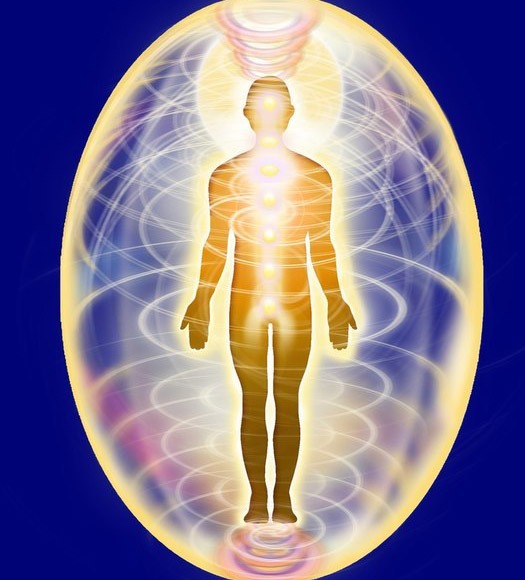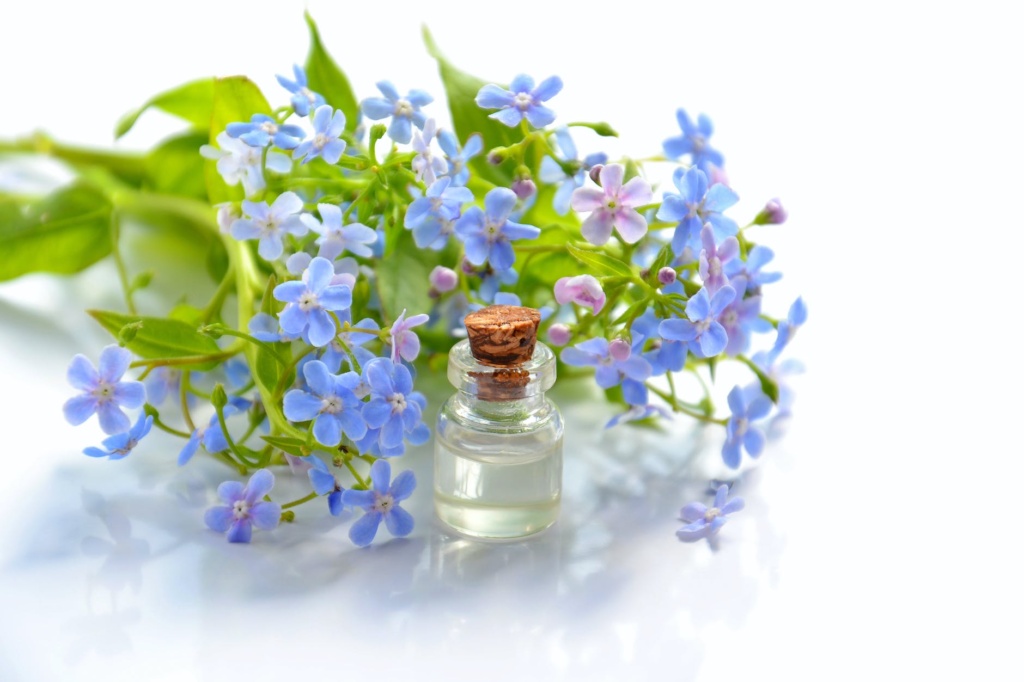
Are There Benefits to Focused Breathing?
In this blog I share a few of my experiences with focused breathing, stress, and health and touch on the physiology of breathing and how the autonomic nervous system interacts with our breathing and stress response. Focused breathing isn’t just woo-woo, there is science involved.
I have also highlighted a few essential oils that could boost your experiences with focused breathing, relaxation, and sleep. Though I have used some of these oils for years, others are new to my experience – I love scents, so it is easy for me to get a bit carried away with oils.
My Thoughts and Experience
We breathe without thinking about it – thank goodness, as I have been increasingly forgetful lately. When we do think about breathing it is often because we have a problem. A more positive reason is that we have decided to start meditation, spiritual practices, yoga, singing, or exercise that requires us to think about how we are breathing.
Over the last several years I have spent more time on focused breathing (HeartMath practices, meditation, spiritual practices) and have experienced great benefits. It has not always been that way. Have you ever tried breathing exercises and found yourself panicking rather than relaxing? I’ve had that happen. In fact, it was one of my first experiences, needless to say, I didn’t try it again for quite some time. However, I have since found a variety of breathing exercises that I enjoy, and I have learned how to adapt if necessary to prevent that panic.
As a reminder, one size does not fit all. My choices might not be ideal for you; experiment and find what works. We have to do what is right for us and that might mean a different breathing rhythm or building up slowly to the suggested practice. I’m more than happy to work with you to explore a variety of breathing methods. I found this information What Focusing on the Breath Does to the Brain – I think you will find it interesting.
Benefits
Some benefits of focused breathing I have learned from experience include:
- helping me relax and refocus during the day
- allowing me time to think before I speak.
It isn’t just me; research has also identified numerous benefits to focused breathing. Of course, we need to breathe to stay alive. Additionally, how we breathe has a direct effect on our nervous system. “Intentional breathing is one of the most effective ways to reset your nervous system” according to Patricia Morgan in her book Return to Center.
Research suggests that focused or controlled breathing can be beneficial to
- lower blood pressure and heart rate
- reduce levels of stress hormones in the blood
- reduce lactic acid build-up in muscle tissue (lactic acid is what makes our muscles hurt when we have pushed our muscles more than they are used to)
- balance levels of oxygen and carbon dioxide in the blood
- improve immune system function
- increase physical energy
- increase feelings of calm and well-being
These all sound fantastic and certainly a step in the right direction to improving one’s health.
I have two diagnosed autoimmune diseases and am always looking for ways to decrease my fatigue, increase my energy, and improve my immune system. Could it really be as easy as breathing? From what I am learning, breathing might not be the total remedy, but it might just make a significant difference. Why? Focused breathing forces me to be deliberate in what I am doing. I focus on my breathing during meditation, exercise, during my HeartMath Techniques, and when I actively choose to reduce my stress. Afterall, stress is detrimental to the immune system, and I have autoimmune diseases.
I have focused on self-improvement for years. More recently the work has been related to my health – my whole health – mental, physical, emotional, and spiritual. A few years ago, I took part in a research study related to one of my autoimmune diseases, included in the activities were a variety of breathing exercises. Over the years of meditation and focused breathing practices, I found skipping these exercises often resulted in my day not going smoothly. If I skipped the exercises for several days in a row life often became more challenging in several areas. I think focused breathing is a key to improved health for me.
Breathing and Our Nervous System

Though we rarely think about breathing, unless we have problems, it might serve us well to learn more about how breathing affects our body. Our breath plays a fundamental role in regulating the function of our nervous system.
If the science and biology of breathing interests you, read on.
Our nervous system can sound quite complex. For our purposes, I’m only going to touch briefly on the Autonomic Nervous System (ANS). The ANS works without us thinking about it, it is automatic.
The ANS creates a balancing act between the SNS and PNS. This balance is essential to our health, well-being, and survival.
| Parasympathetic Nervous System (Rest and Digest) | Sympathetic Nervous System (Fight or Flight) |
| Constricts Pupils | Dilates Pupils |
| Stimulates Saliva | Inhibits Saliva |
| Slows Heart Rate | Increases Heart Rate |
| Constricts Airways | Relaxes Airways |
| Stimulates Digestion | Inhibits Digestion |
| Stimulates Gallbladder | Inhibits Gallbladder |
| Stimulates Intestinal Activity | Secretion of Adrenaline, Noradrenaline |
| Contracts Bladder | Relaxes Bladder |
| Increased Blood Flow to Reproductive System | Decreased Blood Flow to Reproductive System |
Sympathetic Nervous System (SNS)
This part of our nervous system prepares us for action.
Increase HR, RR, BP & directs blood to our muscles
Parasympathetic Nervous System (PNS)
This part of our nervous system helps us relax, conserve energy, and repair tissue.
Decreases HR, RR, BP and aids in digestion and promotes the relaxation of our smooth muscles.
The Nervous System and Breathing
The respiratory rhythm, driven by our brainstem, influences the balance between the SNS (speed up) and PNS (slow down). Our breathing directly influences the activation of the ANS branches. Slow, deep breathing usually activates the PNS, leading to calmness and relaxation. On the other hand, rapid shallow breathing activates the SNS, leading to increased arousal and heightened stress response. Obviously, we need both.
Studies have shown that intentional adjustment of our breathing can influence and alter the balance of the ANS and promote relaxation. An example of one technique, diaphragmatic breathing, has been found to activate the PNS and induce a state of calm. By consciously controlling our breath, we can regulate the activity of the ANS, promoting a balanced physiological response. (https://www.ariaintegrative.com/2023/06/02/breathing-and-the-nervous-system-mood/#:~:text=Breathing%20patterns%20have%20a%20direct,arousal%20and%20heightened%20stress%20response.)
Essential Oils for Breathing, Relaxing, Sleeping*

*Remember – use caution when using essential oils. As with anything there could be side effects and adverse reactions i.e. skin irritation. Use oils that bring you joy, whose aroma you like.
I have been aware of and used eucalyptus oil for years whenever I have had a cold or clogged sinuses. Additionally, I have used lavender oil at bedtime to aid sleep. In the last couple of years I have found additional oils to help clear my sinuses and to help with sleep, plus I have discovered oils to use during my meditation, spiritual practices, and to help me relax.
Eucalyptus – has been suggested to help clear a stuffed nose; can be used topically to aid in the relief of arthritic pain; aids in relieving anxiety
Lavender – has been reported to help reduce anxiety and aid sleep
Vetiver – use to assist in relieving stress, anxiety, and insomnia
Basil – reported to calm and energize, and uplift the mind
Thyme – has been used as a home remedy for coughs, respiratory conditions, and bronchitis
Rosemary – might help relieve stress
Cinnamon – reportedly might help relieve symptoms of depression, feeling faint, and relieve exhaustion
Wrap It Up with a Bow
We are never too old to pursue self-improvement. Breathing is a simple way to start. Check out some breathing techniques in my resources: https://leadnurses.com/breath-work-a-variety-of-breathing-exercises/